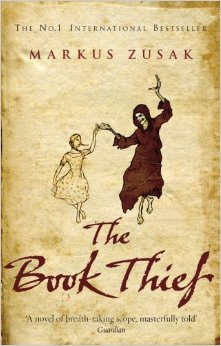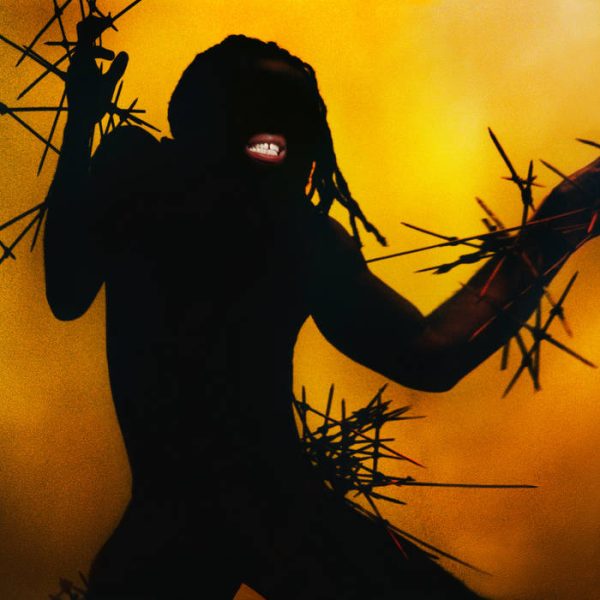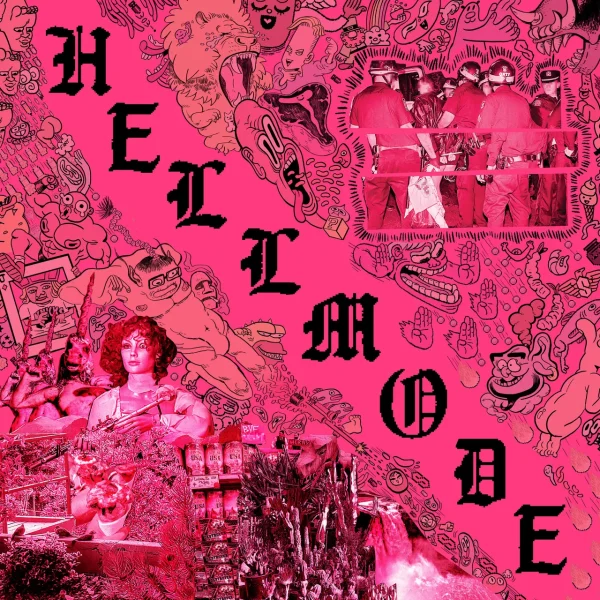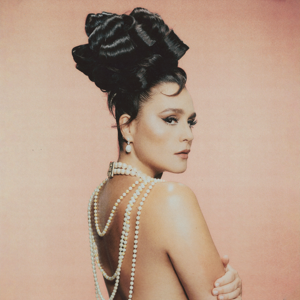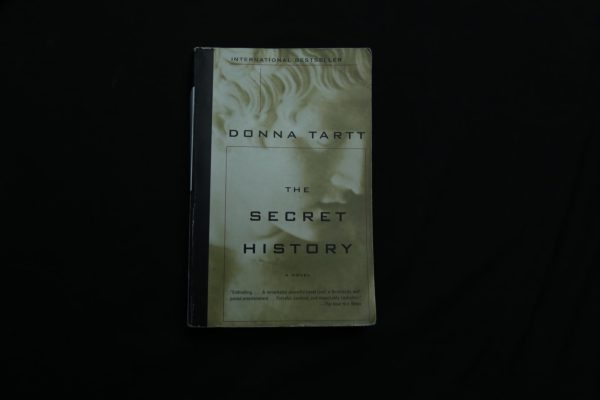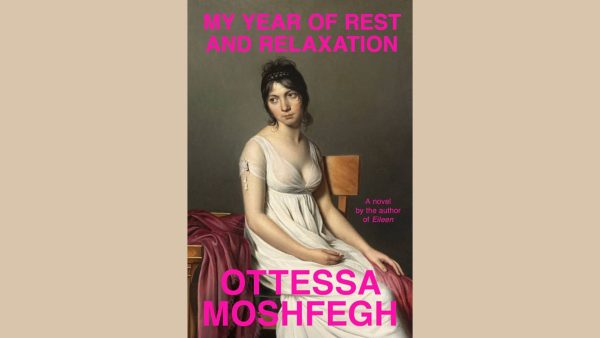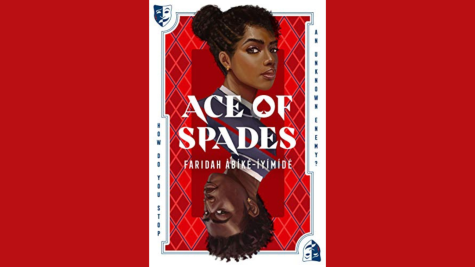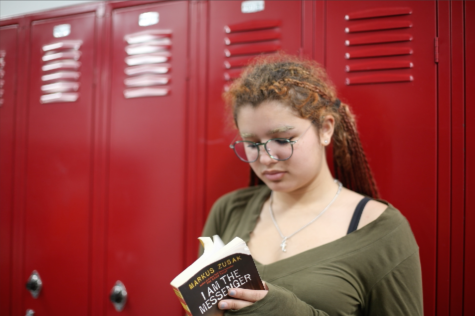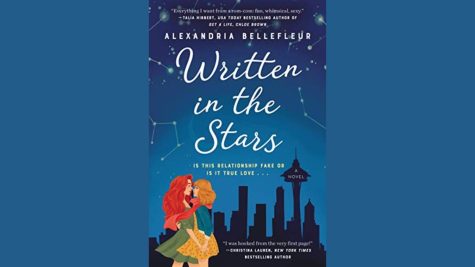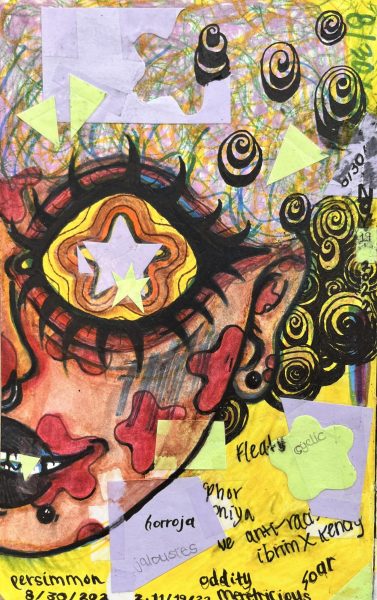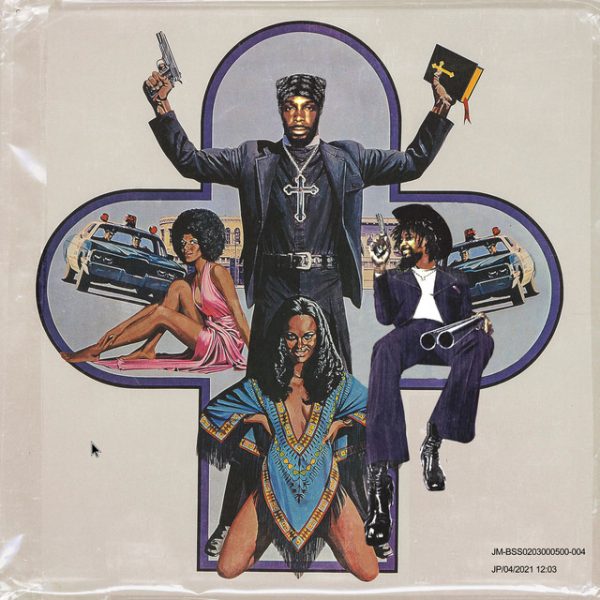Book Of The Week: The Book Thief, by Markus Zusak
Set in Germany in the years 1939-1943, The Book Thief, written by Markus Zusak, tells the story of Liesel Meminger, an orphan living with her foster parents in Molching, Germany. The story is narrated by Death, who has who has in his possession the book she wrote about these years. At first, Liesel steals randomly. Later, she becomes more methodical about the way she steals. But, she is never greedy. Death takes Liesel’s notebook after she leaves it, overwhelmed by her grief amongst the destruction that was once her street, her home.
Liesel is an orphan. She never knew her father, and her mother disappeared after delivering her to her new foster parents. Her younger brother passed away on the train to Molching. This is when Death and Liesel first encounter each other. After watching her brother be placed into the ground, nine-year-old Liesel steals her first book, The Gravedigger’s Handbook, which was left lying in the snow next to her brother’s grave.
Hans and Rosa Herbermann are then introduced into Liesel’s life. They are her foster parents, poor Germans who are given a small allowance to take her in. Hans is a quiet man, with kind and gentle silver eyes. He is a painter (of houses, among many other things), and he plays the accordion. When he discovers that Liesel has stolen The Gravedigger’s Handbook, instead of punishing her, he takes Liesel to the basement and teaches her how to read and write. After a few lessons, the walls are covered in words which the two have written.
Rosa appears as gruff and mean woman. She swears and yells a lot. But, secretly she has a big heart. She is always watching out for Liesel, making sure she is healthy and has everything that she needs, despite having so little herself.
Upon arriving to her new home, Liesel meets a young boy with “hair the color of lemons.” His name is Rudy Steiner. Rudy loves to run. He idolizes the African American Track Star Jesse Owens. As the story progresses, the two will become best friends. Together, the two will share many adventures.
One night, a young man turns up at the Herbermann’s home. His name is Max Vandenburg, and he is the son of a friend of Hans from the First World War. This is the man who taught Hans how to play the accordion, and whose widowed wife he promised to help if she ever needed it. He knows the risk he and his family are taking, letting Max live in the basement. By doing this, he is putting them at risk for being prosecuted by The Gestapo, the Nazi Germany Secret Police. Max and Liesel become good friends, and he writes a beautiful story for her, called The Standover Man. It tells the story of Max, his life growing up and coming to Liesel’s home, and the struggles and hardships that he has faced as a Jew during the War. The story is written over white-painted pages of Mein Kampf.
Whenever I read a book, I read it in either one of two ways: the story itself, and how it’s written. They are not completely different, but they definitely support each other. With The Book Thief, Markus Zusak has shown he’s a genius, an artist of words, a poet, a literary marvel. His writing is lyrical, poetic, profound. Death is rendered vividly, a lonely haunted being who is drawn to children, and enjoys contemplating the human nature. Liesel is the perfect child. She’s living a child’s life of soccer in the street, stolen pleasures, sudden passions and a full heart. She does not let all of the death and destruction around her bring her down.
Despite the setting of the book, it is not all-out depressing. It’s never morbid. Infact, the pages are filled with a lively humor, and the richness of it’s descriptions as well as the richness of the characters’ hearts cannot fail to lift the reader up. It is also a very balanced story, where ordinary Germans helping Jews are as much at risk of losing their lives, being persecuted, as the Jews themselves.
From the start of the book, I could tell that this story was something very special. There is no real way to explain it other than listing some of my favorite quotes:
“Imagine smiling after a slap in the face. Then think of doing it twenty-four hours a day. That was the business of hiding a Jew.” (p.239)
“So many humans. So many colors. They keep triggering inside me. They harass my memory. I see them tall in their heaps, all mounted on top of each other. There is air like plastic, a horizon like setting glue. There are skies manufactured by people, punctured and leaking, and there are soft, coal-colored clouds, beating, like black hearts. And then. There is death. Making his way through all of it. On the surface: unflappable, unwavering. Below: unnerved, untied, and undone.” (p.331)
“People and Jews and clouds all stopped. They watched. As he stood, Max looked first at the girl and then stared directly into the sky who was wide and blue and magnificent. There were heavy beams-planks of sun-falling randomly, wonderfully, onto the road. Clouds arched their backs to look behind as they started again to move on. ‘It’s such a beautiful day,’ he said, and his voice was in many pieces. A great day to die. A great day to die, like this.” (p.543-4)
Writing is a true form of art. And only a writer of Zusak’s talent could make this story work, to write in such a way as to revitalise the language and use words to paint emotion and a vivid visual landscape in a way you’d never before encountered. This is a book about the power of words and language, and it is fitting that it is written in just such this way.



